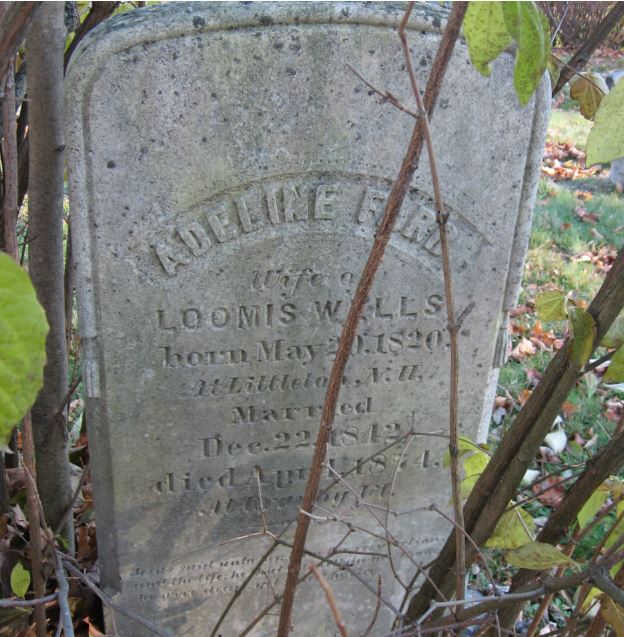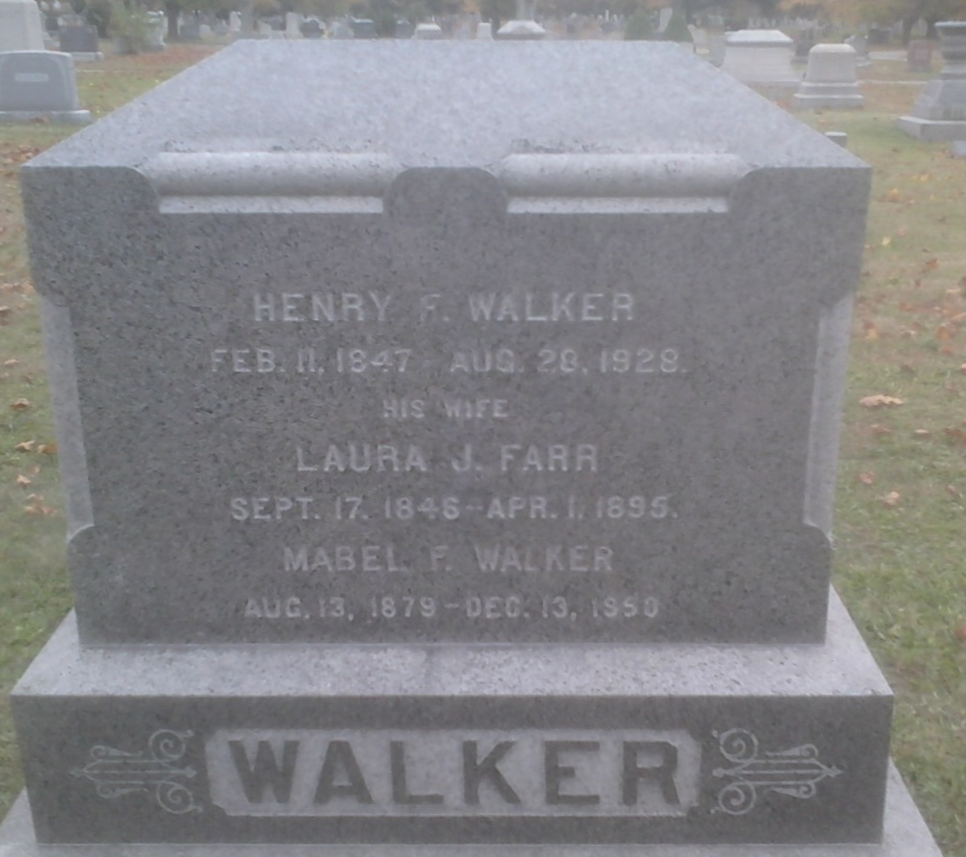|
John Wilder FARR [Parents] [scrapbook] was born 1, 2, 3 on 26 May 1825 in Littleton, Grafton, New Hampshire, United States. He died 4, 5 on 23 Jan 1911 in Littleton, Grafton, New Hampshire, United States. John married 6 Alwilda Pollina LANE on 29 Dec 1863 in Littleton, Grafton, New Hampshire, United States.
Other marriages:
PHELPS, Eliza D.
He resided in Littlrton all his life except ten years, from 1847 to 1857. Farmer. Cong. Republican. Representative, 1895-6. Master White Mt. Grange, 1883-4-5-92-3. Member of the Advisory Council of the World's Congress Auxiliary on Farm Culture and Cereal Industry, also a member of the World's Agricultural Congresses convened at Chicago during the World's Fair.
|










